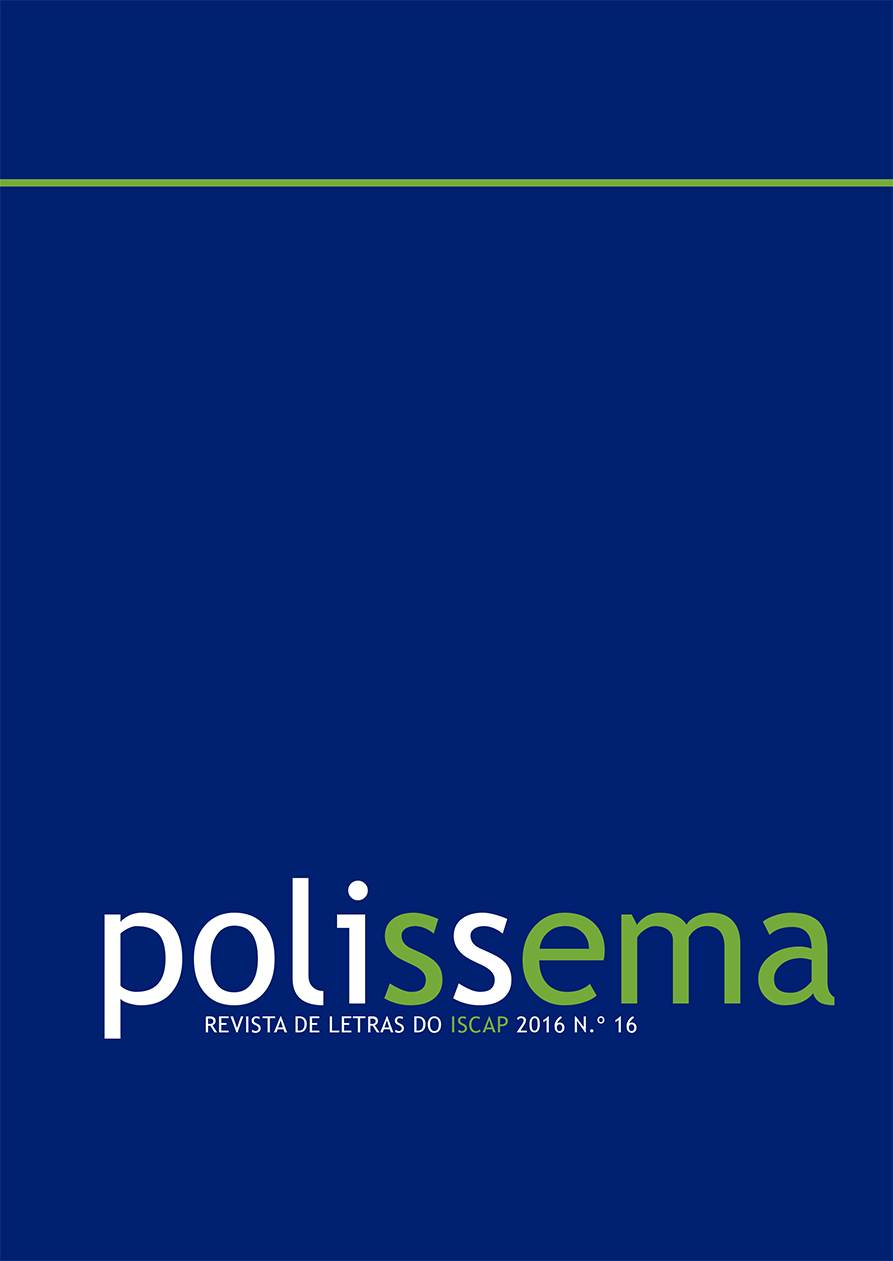THE INTERPRETER FACED WITH THE IDEOLOGICAL TRACES OF THE POLITICAL MESSAGE: ANALYSIS OF DIFFERENCES IN THE TRANSLATED MESSAGE
DOI:
https://doi.org/10.34630/polissema.v0i16.2960Keywords:
ideology, interpreting, neutrality, discourse, interpreting for the media, simultaneous interpretingAbstract
The concept of ideology has been the subject of much investigation across a diverse range of disciplines including linguistics, discourse analysis, sociology and written translation.
However, the analysis of ideology in simultaneous interpreting (SI) remains sporadic barring notable exceptions. Nevertheless, it would appear that this type of research has recently experienced an upsurge, possibly due to the Social Turn.
The reason why research is so scarce is probably due to the complexity of simultaneous interpreting itself, with a direct bearing on how research is carried out, rendering it difficult to distinguish between conscious and subconscious acts.
We have set out to study the transfer of ideology by media interpreters working with United States political speeches, chosen for its wide spread and large audience. To this end we have analysed different extracts from speeches, and we have studied the existence of potential modifications in the target texts (TTS) of the ideological load implicit in the source texts (STs) effected by each interpreter and the communicative impact they have on the message received by the two different target audiences.
Downloads
Published
How to Cite
Issue
Section
License
Copyright (c) 2016 POLISSEMA – ISCAP Journal of Letters

This work is licensed under a Creative Commons Attribution-NonCommercial-NoDerivatives 4.0 International License.


